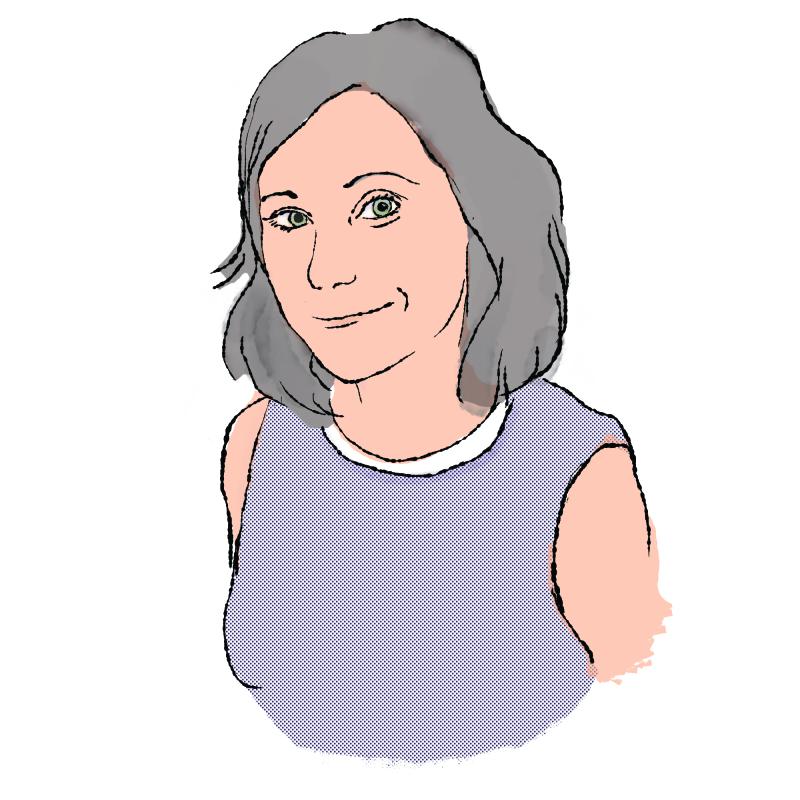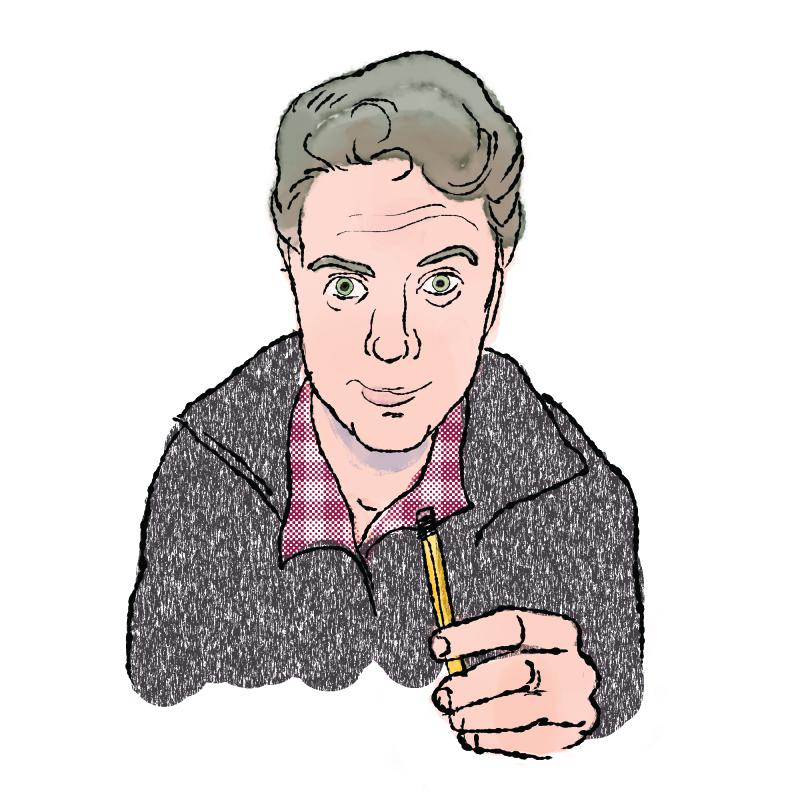I’ve never met Brandon, but I know him. He lives in my old neighborhood and just about every time I come in for a visit, I can spot Brandon out on the front lawn of his Havenhurst Road home swinging on a giant blue, high-back swing, or playing golf with his dad. He always has a big smile on his face as he waves to the passing cars.
Brandon, a 15-year-old West Springfield boy with physical and mental disabilities, and his family have been trying to do the impossible since the fall; they’re trying to fight City Hall.
He might not be able to win on his own, but the community — and possibly even the law — is on his side.
Mark and Paula Nestor, Brandon’s parents, want to build a tree house for their son, but it has to be large enough to accommodate Brandon’s motorized wheelchair. This is a problem for West Springfield because the plans that were drawn up by Brandon’s dad require exceptions to city building regulations for height and location. Any structure greater than 400 square feet has to be set back from the property lines and the parcel’s main structure by 15 feet or the same length as the structure is tall — whichever is larger — and no substructure can be taller than the main structure of a property.
Sadly, the city is going to the mat to deny the Nestors the variance they need to proceed with construction of the tree house. After two applications for the variance were denied by the city’s Zoning Board of Appeals, the Nestors in June filed a lawsuit in Hampden Superior Court against the city claiming it is infringing on Brandon’s right to equal treatment under the Americans With Disabilities Act.
In denying the Nestors the variance, board officials cited the limits of city law and the danger of setting a “bad” precedent as reasons for rejecting the family’s request.
I’ll tell you what’s bad: The city’s reasoning.
During the May Zoning Board of Appeals public hearing on the variance, Chairman Chet Zymroz told the family that the kind of tree house the family is seeking is granted due to a hardship relating to the soil, shape, or topography of the land — and that’s it. He asked the Nestors to explain their construction hardship as it relates to one of those items.
Mark Nestor talked about the eight-foot slope behind his house, but said accessibility for Brandon is the real hardship. While the tree house is larger than 600 square feet, more than half of it is ramp. The tree house — which would loom about 23 feet above the ranch house on the half-acre property and reside slightly more than 15 feet from property lines — is larger than most to allow Brandon to turn full circle in his wheelchair at various points in the house.
At the close of the hearing the board voted unanimously to reject the Nestors request for an exception. Zymroz called the tree house a “detriment to the public good” and that it would “substantially derogate” from the purpose of the law if an exception were made.
I’m not worried about West Springfield setting a precedent for when families want to build their disabled son a tree house large enough to accommodate his wheelchair and a bit too close to the neighbor’s lawn for polite society.
Many people in West Springfield feel the same. Brandon’s tree house has become a celebrated cause in the neighborhood and, increasingly, to other parts of West Springfield. Many neighbors have put homemade signs on their lawns in support of “A Tree House for Brandon” — there’s even a sign on at least one of the abutting properties. You can follow the family’s quest on a Facebook page, “Brandon’s Tree House.”
The board was able to come to peace with the possible “derogatory” impact of other variances they’ve granted: an add on to a tow truck depot and a home owner’s plan to encroach on wetlands. I’m not saying these variances shouldn’t have been granted. I’m just saying that I don’t see how Brandon’s tree house is any less deserving of an exception.
Very few laws were written in this country with people like Brandon — or black people, women, children, and immigrants, for that matter — in mind. But the law still needs to provide him with protection and support. This is why officials who are charged with the responsibility to interpret the law are allowed to use their discretion.
West Springfield officials should have taken the Nestors’ hardship into account before denying the application twice and insisting on a by-the-letter interpretation of city law. And while the city’s attorney has promised to find a way that will let Brandon get his tree house, that has yet to materialize.
It’s not too late for West Springfield to do the right thing. Grant the variance. Let Brandon have his tree house already.•
Contact Kristin Palpini at editor@valleyadvocate.com.





